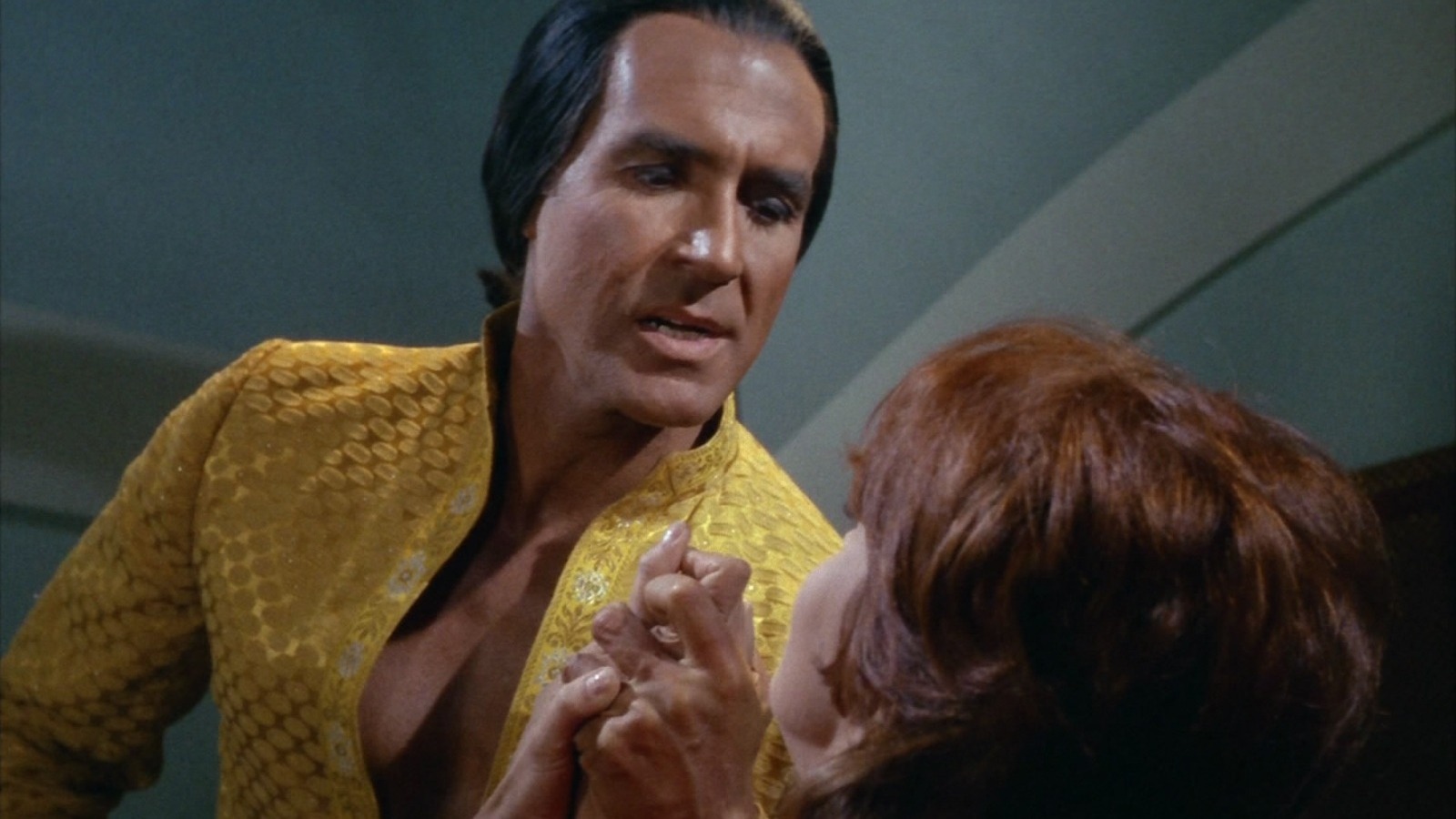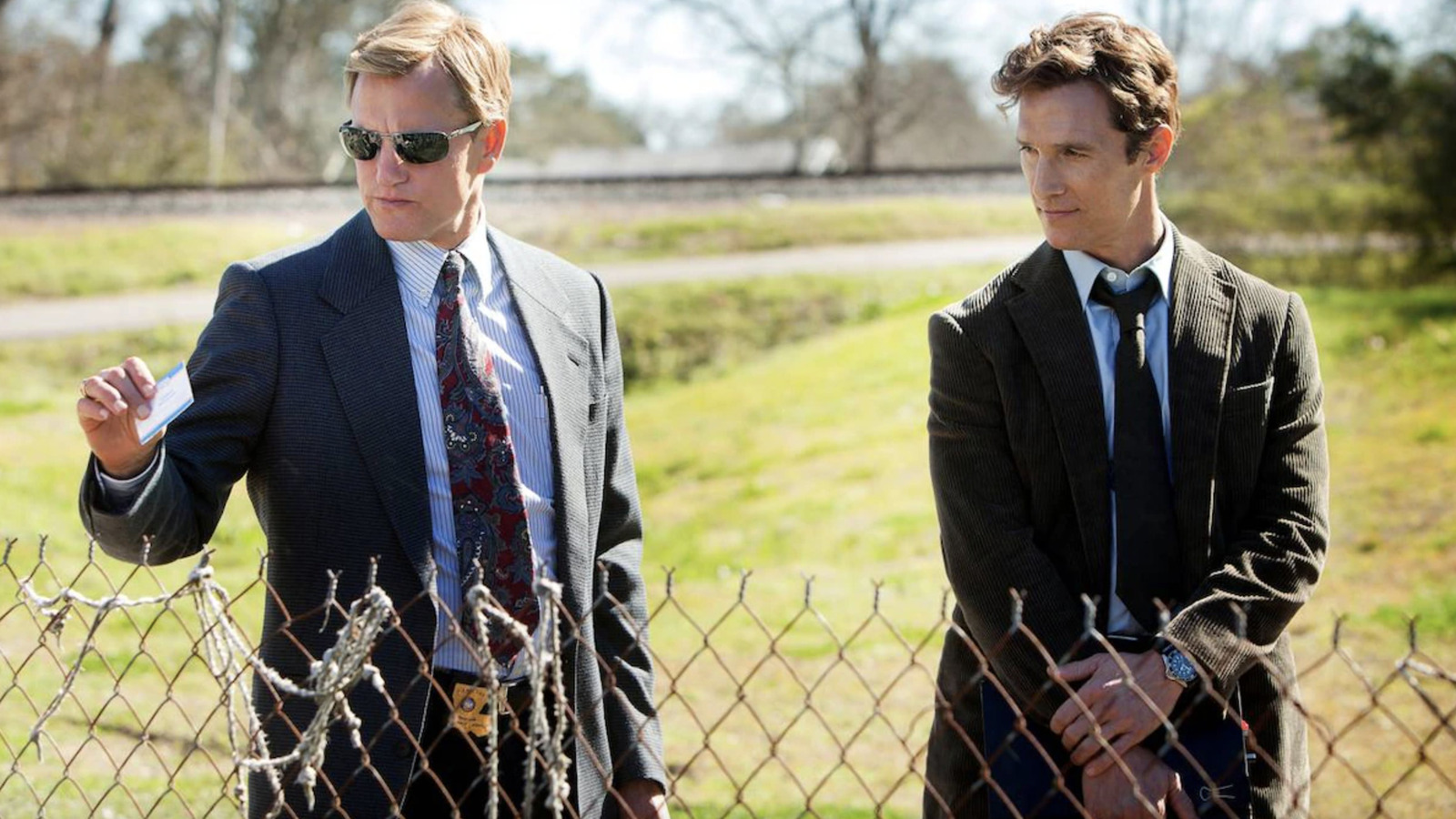Why Khan Noonien Singh casts a shadow over the entire Star Trek universe
In "Space Seed", Khan, seeing an opportunity to return to his old ways of national conquest, attempted to take control of the Enterprise. Kirk and Spock outsmart him, knock out his genetically enhanced retinue, and regain control of the ship. Rather than punish Khan for his misdeeds, however, Kirk issues the villain an ultimatum: can he create the ideal society he's always dreamed of on an uninhabited planet somewhere? Khan accepts the challenge and he is left on a planet called Ceti Alpha V to build his masterpiece society. Khan was out of sight and out of mind.
Until "Star Trek II: The Wrath of Khan" was released in 1982. In the film, it was revealed that shortly after Khan's arrival, Ceti Alpha V experienced a massive natural disaster which turned it into an inhospitable desert world. For decades, Khan and his retinue lived huddled in a ship, barely surviving, growing increasingly preoccupied with revenge on Kirk. During "Star Trek II", Khan commandeers a Starfleet ship called the U.S.S. Reliant and goes in search of Kirk, now Admiral. Kirk, meanwhile, is going through a midlife crisis in which he finally comes to terms with the consequences of several forgotten transgressions. Khan is Kirk's distraction personified; he never bothered to check on Khan.
Popular opinion generally dictates that "Star Trek II: The Wrath of Khan" is the best of the 13 existing "Star Trek" films. Montalbán brings a glorious, melodramatic edge to his performance that delights audiences and easily balances Shatner's occasional tendency to play Kirk as larger than life. He's a big "Star Trek" villain.
But then, that's a problem. Since when is "Star Trek" about "heroes" and "villains"? Since 1982, it seems. Ordinarily, Trek is more morally nuanced than that.

In "Space Seed", Khan, seeing an opportunity to return to his old ways of national conquest, attempted to take control of the Enterprise. Kirk and Spock outsmart him, knock out his genetically enhanced retinue, and regain control of the ship. Rather than punish Khan for his misdeeds, however, Kirk issues the villain an ultimatum: can he create the ideal society he's always dreamed of on an uninhabited planet somewhere? Khan accepts the challenge and he is left on a planet called Ceti Alpha V to build his masterpiece society. Khan was out of sight and out of mind.
Until "Star Trek II: The Wrath of Khan" was released in 1982. In the film, it was revealed that shortly after Khan's arrival, Ceti Alpha V experienced a massive natural disaster which turned it into an inhospitable desert world. For decades, Khan and his retinue lived huddled in a ship, barely surviving, growing increasingly preoccupied with revenge on Kirk. During "Star Trek II", Khan commandeers a Starfleet ship called the U.S.S. Reliant and goes in search of Kirk, now Admiral. Kirk, meanwhile, is going through a midlife crisis in which he finally comes to terms with the consequences of several forgotten transgressions. Khan is Kirk's distraction personified; he never bothered to check on Khan.
Popular opinion generally dictates that "Star Trek II: The Wrath of Khan" is the best of the 13 existing "Star Trek" films. Montalbán brings a glorious, melodramatic edge to his performance that delights audiences and easily balances Shatner's occasional tendency to play Kirk as larger than life. He's a big "Star Trek" villain.
But then, that's a problem. Since when is "Star Trek" about "heroes" and "villains"? Since 1982, it seems. Ordinarily, Trek is more morally nuanced than that.
What's Your Reaction?















![Three of ID's top PR executives quit ad firm Powerhouse [EXCLUSIVE]](https://variety.com/wp-content/uploads/2023/02/ID-PR-Logo.jpg?#)







